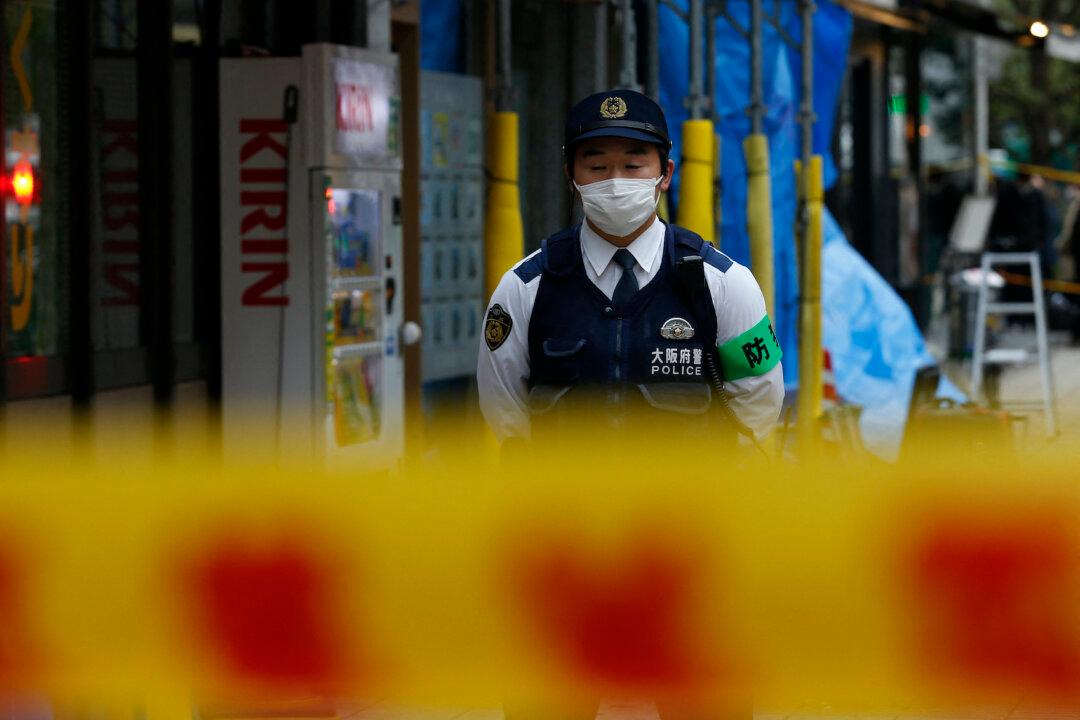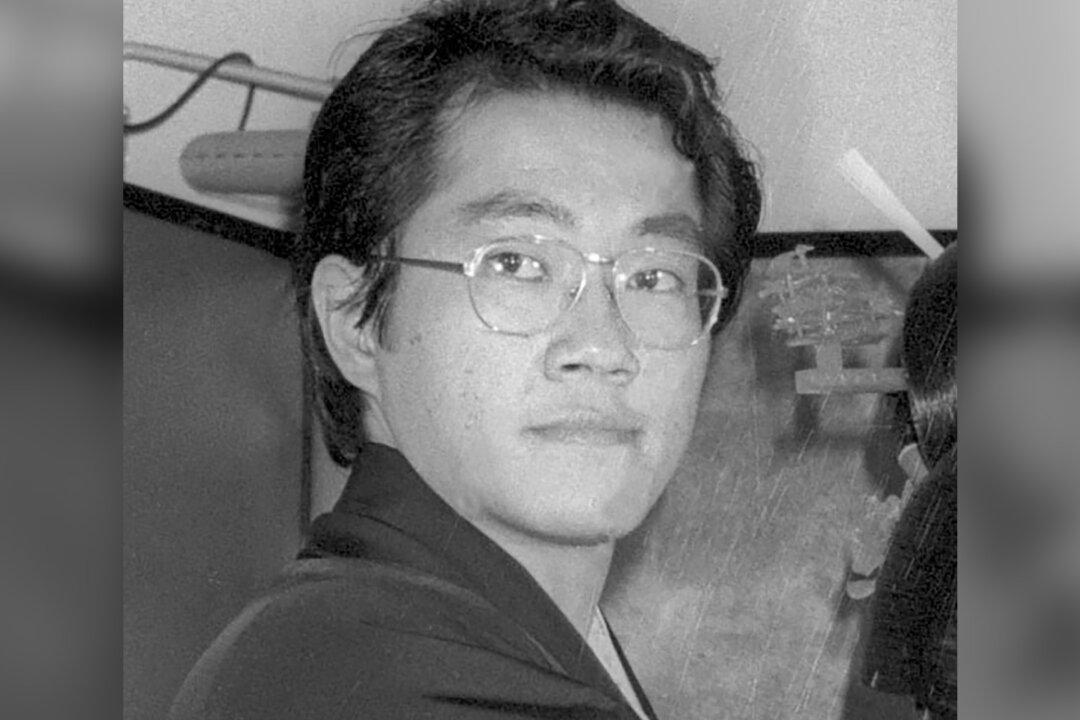Ryuichi Sakamoto, a world-renowned Japanese composer, musician, and outspoken environmentalist, passed away at age 71 on March 28 in Tokyo due to colorectal cancer.
In 1983, Sakamoto co-starred alongside David Bowie in the film, “Merry Christmas, Mr. Lawrence,” about a Japanese prisoner-of-war camp. He also scored the music for the film, winning him a 1984, BAFTA (British Academy Film Awards), Best Original Music Score Award. Over the years he went on to win a multitude of other music awards including an Oscar, a Grammy, and two Golden Globes.
Another prominent figure, Chadwick Boseman, the celebrated lead actor in Marvel’s iconic film “Black Panther,” passed away after a battle with colon cancer, on Aug. 28, 2020. He was only 43.
About Colorectal Cancer and Its Symptoms
Colorectal cancer is a disease of the colon or rectum, often starting as noncancerous growths called polyps, which, if treated early may prevent the cancer.Risk Factors for Colorectal Cancer
Though colorectal cancer has mainly been diagnosed in people over 50 years of age, with colon cancer averaging age 68 for men and 72 for women and rectal cancer averaging age 63 for both men and women, there has been a recent rise in cases in people under the age of 50.- Having a family history of colorectal cancer.
- Having a diet low in fiber and high in fat.
- Having a sedentary lifestyle with minimal physical activity.
- Individuals with diabetes, obesity, and a history of smoking or heavy alcohol consumption.
Vitamin D Can Reduce the Risk of Colorectal Cancer
Dr. Liu Chun, who holds a doctorate in medical science from the University of Tokyo, told the Epoch Times that colorectal cancer has become increasingly prevalent. Despite being a relatively common form of cancer, the age of those affected has decreased in recent years due to mounting work pressure, leading to a higher incidence rate.According to Liu, the prevention and cure of colorectal cancer are feasible. The secret to preventing the disease lies in adopting a healthy diet and a regular exercise routine. As well, early detection is key to successfully curing the ailment. If detected early, colorectal cancer patients have a 5-year survival rate of over 90 percent.





